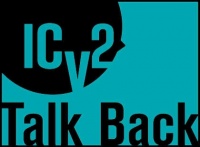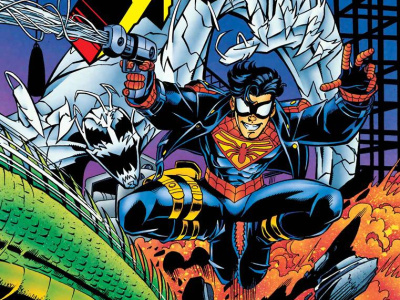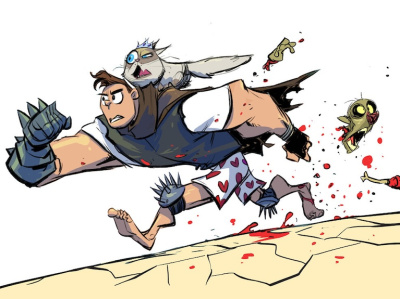 Martha Cornog, graphic novel columnist for the Library Journal, writes in to share some of her pet peeves regarding today's graphic novels.
Martha Cornog, graphic novel columnist for the Library Journal, writes in to share some of her pet peeves regarding today's graphic novels.I review a lot of graphic novels--close to 50 a year. The medium is ripening and diversifying, just like comics journalists have been saying. But there are some things that bug the hell out of me.
Graphic novels are BOOKS, not comic books, not animations. You turn pages to get through them, just like with "book" books. Sometimes you want to turn back to a previous page to track a plot point or reread a section. But it's surprising how many graphic novels have NO PAGE NUMBERS and make it hard to find your way around.
This can be the case even with nonfiction graphic novels obviously intended to convey real, serious information, whether couched in lighthearted visual metaphors or not. (I won't name names, but I'd like to.) No page numbers? C'mon folks! You're disrespecting your work here.
This leads me to a more general observation. Overall, graphic novels don't take themselves as seriously as they should in terms of the support features typically found in other books. Perhaps that's because the tradition in this country has roots in comic books: short, ephemeral-seeming fiction. Yet paging is elementary for print. Moreover, many nonfiction GNs lack bibliographies, suggestions for further reading, notes explaining obscure or fun points, and maps--where maps would be helpful. (Some publishers do have sense: Abrams ComicArts has been particularly good about adding supporting features to their nonfiction graphic novels like Economix and The Warren Commission Report.) Running out of pages is not an excuse--editors can always post on the web what would normally be back matter, and include a link in the print book.
Even much comics fiction would benefit from back matter that supports and enhances the main text, such as creator comments, maps, character profiles, historical notes (real or imaginary), and timelines--and gives fans more to chew on. And like many manga, volumes in an ongoing fictional series should have "Our story so far" blurbs in the beginning. Yes, superheroes, that means you.
To close out this rant, let me mention my second most favorite of peeves after missing page numbers. It's about business cards. Look--if you are at a comics convention as a publisher, creator, booth staffer, distributor, retailer, whatever, you MUST have a card. Sure, maybe your fans can settle for that autographed poster or minicomic as a memory aid. Not so journalists and reviewers, though! And you DO want them to remember you and write about you, don't you? But at the 2014 New York Comic Con, fully half of the people I asked for cards-–regardless of place within the industry--didn't have them. "I left them in my bag." "I ran out." "I didn't bring them." "I forgot them." "They're back at my hotel." "Cards? Why do I need cards?" Baka! Durak! Dummkopf! Crétin!
The opinions expressed in this Talk Back are solely those of the writer, and do not necessarily reflect the views of the editorial staff of ICv2.com.







